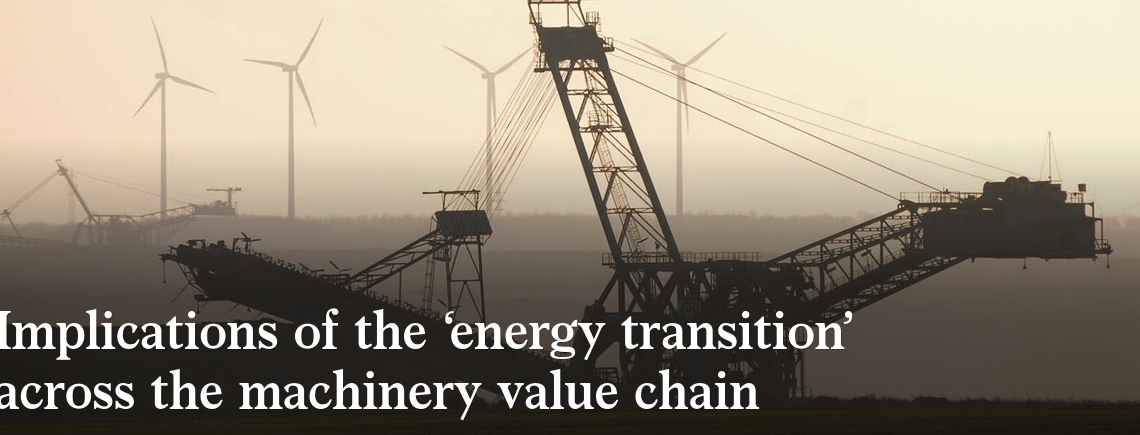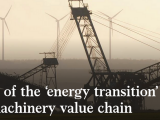
McKinsey: what companies should look out for in the upcoming global energy transition
7. November 2021McKinsey: what companies should look out for in the upcoming global energy transition
Berlin, Nov. 7, 2021
At McKinsey, a number of experts have been looking at what challenges the global energy transition poses for businesses. The heads of state and government participating in the UN – Climate Change Conference would once again promise that greenhouse gas-emitting fossil fuels will be accelerated to renewable energy. But McKinsey notes: it’s been done before. KI-News adds: the result is disappointing. But now there is a new urgency to find solutions. The McKinsey – experts have identified the following critical areas that companies should consider in the transition:
◙ Getting credit. Many companies that are unable to reduce their emissions as quickly as they would like can rely on carbon credits to reduce their carbon footprint. As more companies commit to achieving carbon neutrality in the coming decades, the market for carbon credits could reach a value of more than $50 billion by 2030.
◙ Meeting demand will require scaling up the voluntary carbon market, which is currently fragmented and complex. Project registration and digital verification, as well as the issuance of credits, would help ensure the integrity of the market and improve the credibility of companies‘ carbon offset claims.
◙ Full steam ahead. Oil and gas companies in North America and Europe have suffered major losses in 2020. Despite the challenges, many have set net-zero emissions targets* and are decarbonizing their operations and value chains. To stay relevant, these companies should focus on building a more resilient core business. This means focusing future investments on „advantaged“ resources that have lower break-even prices and lower emissions intensity.
◙ Decommissioning the least productive and most carbon intensive wells can also improve profitability and reduce emissions.
◙ Electric Machines. The energy transition will also pose major challenges for the global machinery industry**, as much of the existing machinery is powered by diesel or gas engines. We note that the switch to electric drives could mean up to $60 billion in annual revenue for construction equipment manufacturers alone.
◙ In the longer term, the conversion of the machinery industry to environmentally friendly drives could bring not only economic but also environmental benefits. Our analysis shows that some battery electric vehicles for heavy machinery have already undercut the total cost of ownership of gas-powered vehicles by nearly 30 percent in continuous operation.
◙ A green grid. The challenge for power grid operators is to remain flexible in the face of decarbonization. Although fossil fuels will continue to play a role in the energy system through 2050, it is up to individual operators to manage the mix of renewables and fossil fuels. The demand to reduce emissions has led to increased use of lithium-ion batteries and electric vehicles, which also impact demand and peak load profiles. As more people connect to the grid, the grid of the future will need to be even more resilient.
The bottom line is that the full transition to clean energy will require new technologies***, a huge capital investment, and the combined efforts of industry and government. But the scale of the transition the world must make is magnified by the speed at which we must make it. For business leaders taking on this challenge, the goal is to create a future that is sustainable, inclusive and growing.
*net-zero emissions targets
**global machinery industry
***new technologies,


